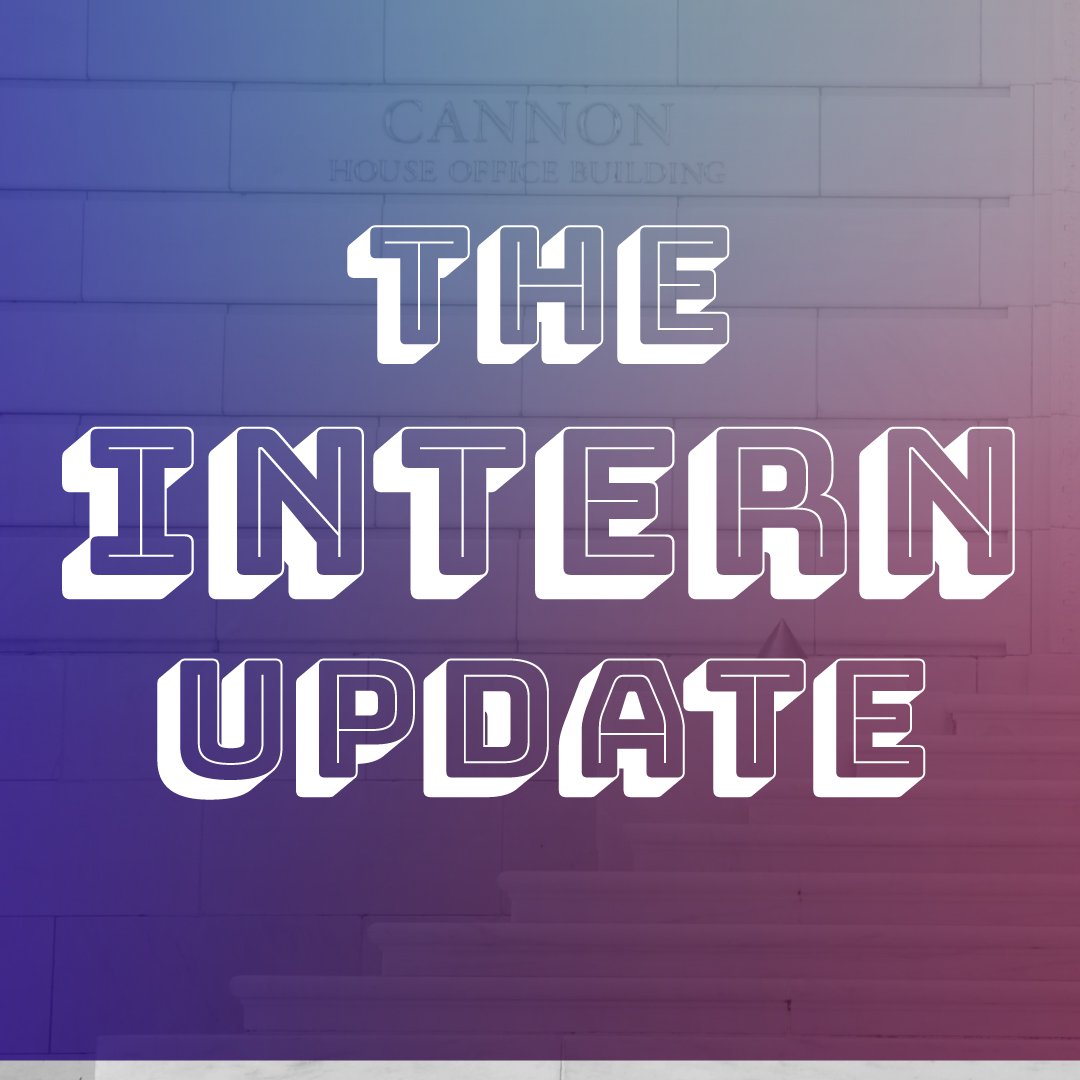
The Modern Intern
3 Steps for Working in Congress with GenAI
Disclaimer: The House of Representatives’ Chief Administrative Officer announced an official Artificial Intelligence (AI) policy in September of 2024. The policy can be accessed by Congressional staff behind the institution’s firewall on HouseNet. The below resource has not been updated in response to the policy.
The Modern Intern
Landing an internship in Congress is no joke, but keeping up with all your office throws at you can feel like a tragic comedy. Yet, at the same time, individuals who find success on the Hill are often those that can think quickly on their feet, are quick learners, and take initiative to help on any task. In a world with generative artificial intelligence (GenAI) and all the ways it can make you more efficient in your role, what does the use of LLMs look like for Congressional interns working to get noticed and land a job?
When it comes to GenAI, Congress is still figuring it out. Tools like ChatGPT and Midjourney are cutting edge and although Members are exploring the technology’s impact across industries and in policy, the institution is being very cautious about internal use. Your office will be no different.
This is your cheat-sheet to equip you with a roadmap of how you can stand out and be an innovative intern without accidentally slipping into any GenAI pitfalls.
Step 1: Know The Ropes
Institutional Guidance
Both chambers of Congress have unique institutional support offices responsible for setting IT use policies and cybersecurity standards. In the House, this office is known as the Chief Administrative Officer's House Information Resources (CAO’s HIR) and in the Senate the office is the Sergeant at Arms (SSA). Both of these entities have issued guidance restricting use of GenAI-powered tools on official Congressional devices. The guidance can be updated at any time, but as of March 2024, the Chambers allowed:
House of Representatives
ChatGPT4 Plus
Use of ChatGPT is only authorized for research and evaluation tasks.
Use cases are to be explored to allow offices to experiment with how an LLM can aid legislative workflows, but staff are not allowed to fully integrate its use into regular operations.
ChatGPT can only be used with non-sensitive data.
ChatGPT must be used with privacy settings enabled.
Senate
ChatGPT4 Plus
Google’s Bard AI
Microsoft’s Bing AI Chat
Use of the approved GenAI tools can only be used for research and evaluation tasks.
Only non-sensitive data can be used when interacting with these tools.
Office Guidance
Under the umbrella of what is allowed within the chamber you are interning for, your specific office is able to set its own internal AI-use policy. Regardless of your personal familiarity, skill set, and knowledge of GenAI (even Congressionally approved ones) don’t assume your office is ok with their use.
Many offices may still be in the process of exploring how this emerging technology can be adapted to Congressional workflows. If your office has yet to establish an internal use policy that clearly communicates when it is ok for staff and interns to use the House/Senate approved LLMs, this may be an opportunity for you to take it on as a project! Here is a great guide to how to start that conversation and what a use-policy should include.
Best Practice Guidance
Regardless of what policy you are set to follow, the best way to ensure that you avoid any pitfalls is to ask for permission, not forgiveness, and to never put any personal, constituent, non-public, or sensitive information into any LLM.
Step 2: Stand Out - In a Good Way
Thousands of interns provide vital support for Congress every year, but with only a couple of months on the Hill, being an intern who makes an impact and is remembered can be challenging.
The emergence of GenAI creates an opportunity for you to foster innovation in your office — especially if you have become familiar with using the technology in your personal and academic life — but doing so in a responsible and risk-adverse way requires excellent communication between you and your intern coordinator.
In your daily workflow, try to identify tasks that can be aided by the use of approved LLMs and propose low-risk applications to your team. For example, your office may not allow LLMs to be used in drafting constituent communications, but maybe you can partner with your staff assistant in using it to draft the initial versions of internal all-staff emails, such as weekly activity round-ups, or summaries of top news articles.
Another idea is to ask if you can use the tool for your own research about how the House and Senate work. For example, ask your internship coordinator if it is ok to use it to get descriptions on how the filibuster works, what the jurisdiction of each House and Senate committee is, etc. (More examples in Step 3.)
Step 3: You Can’t Spell “Aide” Without “AI”
One of the steepest learning curves in Congress is the lingo. Between the constant alphabet soup of acronyms to the seemingly obscure procedural terminology that differs between the chambers, don’t think that you’re alone in nodding along. In the past, when terms or acronyms came up, interns have had to make note, find the time to ask a staff member (while navigating how not to annoy them), or turn to Google in the hopes that the answer (translation?) would be easy to find and not buried in a 25-page Congressional Research Service (CRS) report or political science article.
The emergence of GenAI has started to bridge the Congressional-lingo knowledge gap, and hopefully can be a tool at your disposal for getting smart — fast — on the inner workings of the Legislative branch.
First, make sure to ask your internship coordinator if it is ok if you use the approved LLM tool (such as ChatGPT4 Plus) to aid your own internal study of what acronyms mean, how certain Floor procedures work, etc. Make sure to emphasize that your research in this way will be for your own benefit in learning how Congress works, and will not be used to answer constituent questions about policies or procedures (because these questions should be directed to your office’s Legislative Correspondent or Legislative Director).
Second, try out some sample prompts. You get extra points if you try these out with your intern coordinator so that you both learn! Here are a few we recommend:
“Can you please explain to me the three biggest differences between the US House's and US Senate's Floor Procedure?”
“What is the role of the House's Rules Committee and what does it mean when they ‘suspend the rules?’”
“What is the NDAA and the process for that bill?”
Conclusion (For Now)
Every era on Capitol Hill is an impactful one, but to be an intern during the House’s and Senate’s first chapter of using this emerging technology is a once-in-a-generation opportunity. Whether your office allows you to experiment with these tools or if, instead, they set strict restrictions on GenAI’s use, your experience observing how a government institution adapts to cutting edge technology is one that can inform your career and view of government for many years to come. For more resources, guides, and discussion on Congress’s use of GenAI and innovations in other aspects of the Legislative branch, check out popvox.org/ai.
About
POPVOX Foundation
POPVOX Foundation is a 501(c)3 nonprofit organization with a mission “to inform and empower people and make government work better for everyone.” POPVOX Foundation works with governments to address the challenges presented by the constantly evolving landscape of technology and society, known as “pacing problems.” Learn more at popvox.org.
Additional Resources




